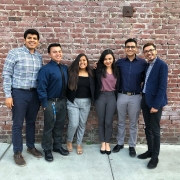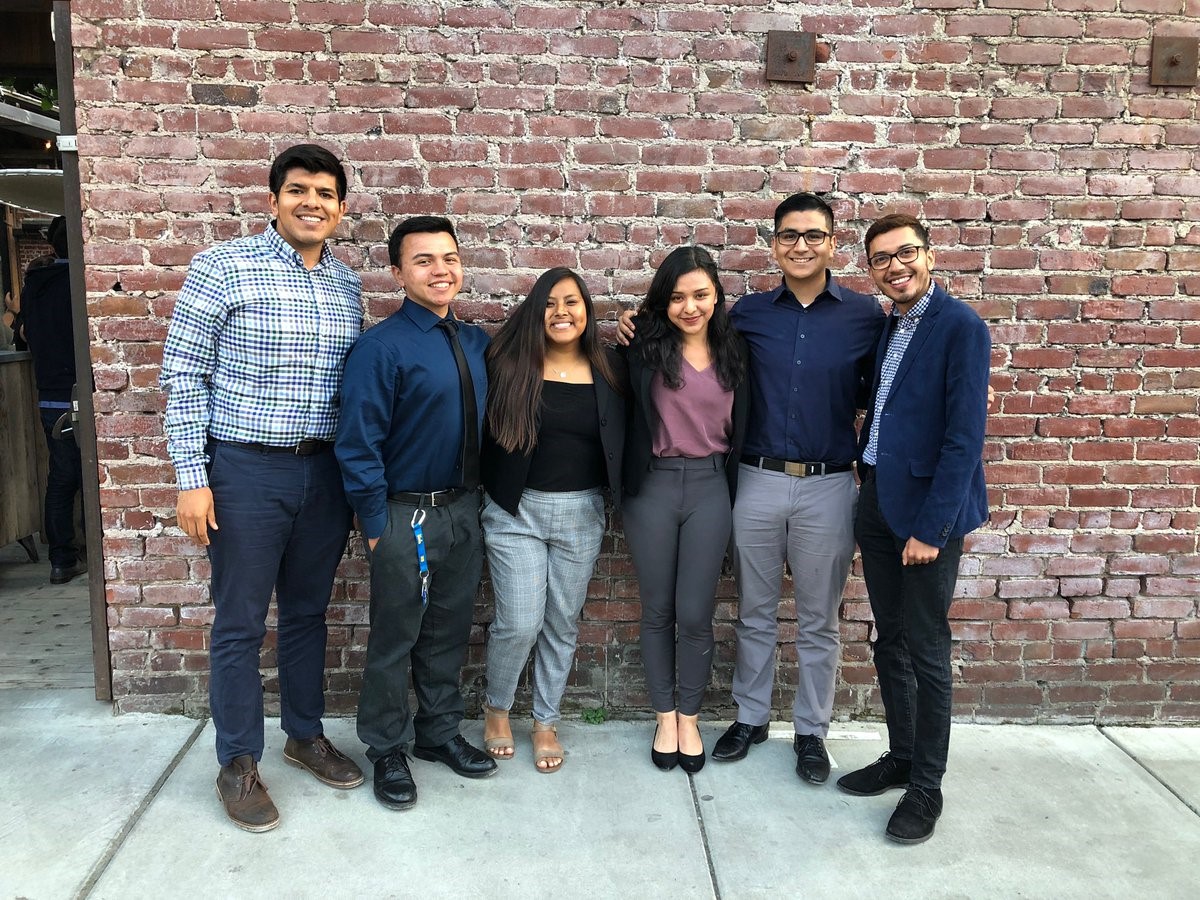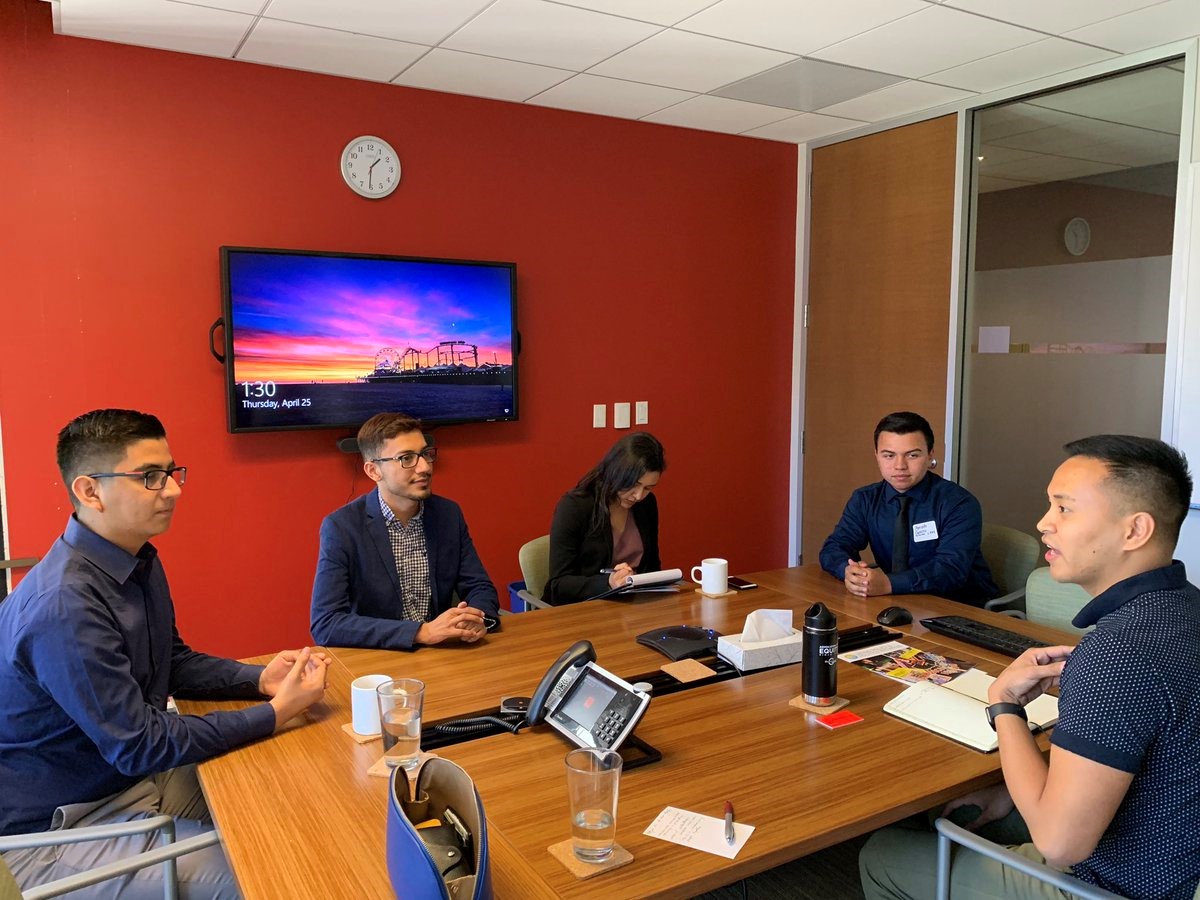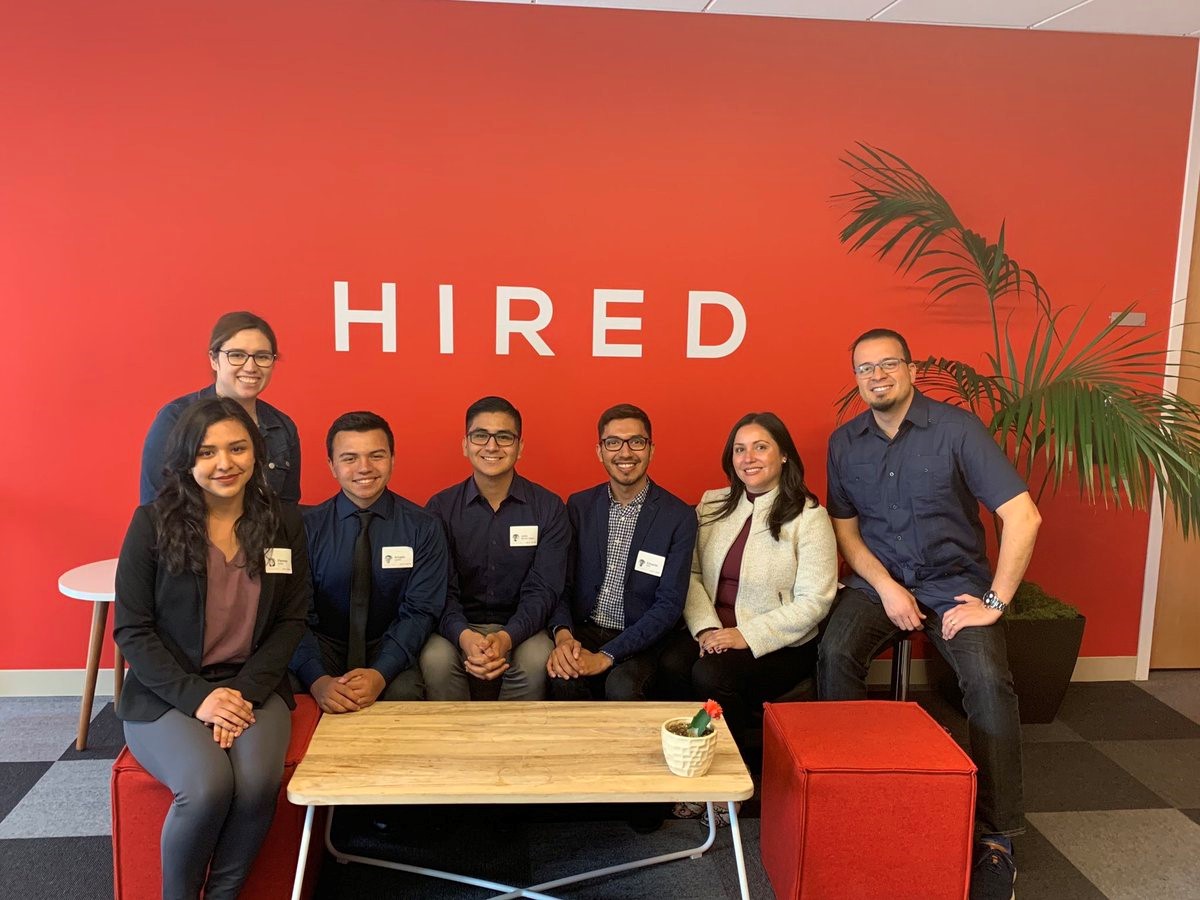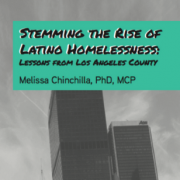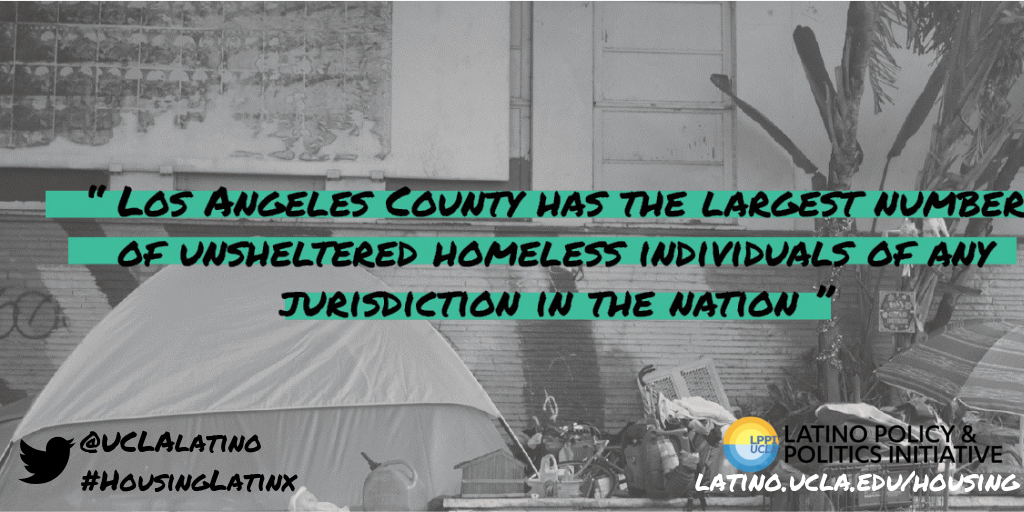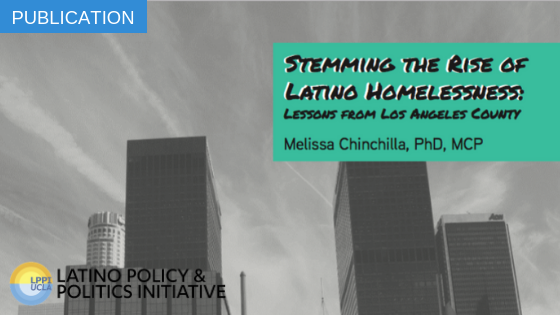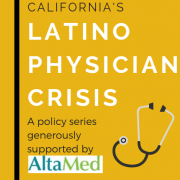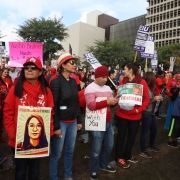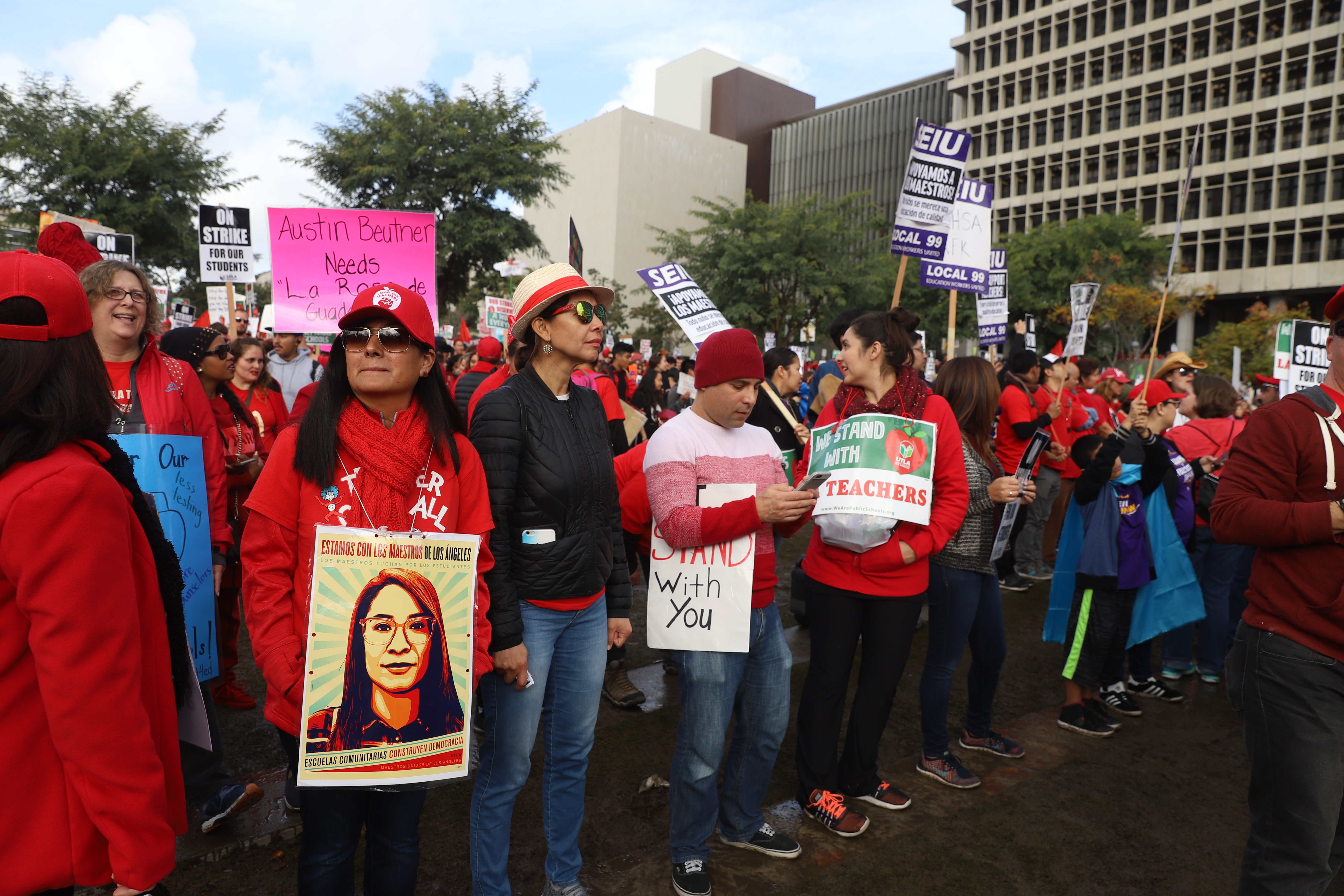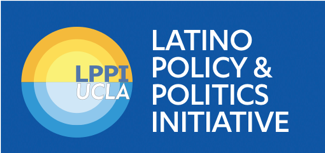
- UCLA Latino Policy and Politics Initiative study finds that Latino students pursuing a medical career in California must overcome significant barriers to successfully become physicians. The main barriers identified are: financial and opportunity cost, academic disadvantages, navigation, underrepresentation and citizenship.
- Barriers to the medical profession further exasperate the Latino physician shortage in California. Policymakers, advocates and stakeholders must address the barriers encountered by Latinos in the medical profession to meet the health care needs of all residents.
The UCLA Latino Policy and Politics Initiative (LPPI), in collaboration with the UCLA Fielding School of Public Health, recently released its fourth installation of policy reports addressing California’s Latino Physician Shortage. Authored by LPPI Faculty Research Expert Dr. Arturo Vargas-Bustamante and Lucía Félix Beltrán, Latino Physician Shortage in California: The Provider Prospective discusses the main barriers and sources of support identified by a sample of Latino pre-med students, medical school applicants, Latino medical students, and recently graduated Latino physicians.
This report finds that, “the medical profession is de facto not open to everyone.” Specifically, unequal backgrounds and opportunities, diverse career trajectories, and various barriers in the medical profession, such as underrepresentation of Latinos in the medical field or academic disadvantages, are creating major difficulties for Latino students seeking careers as physicians.
“This analysis by Bustamante and Beltran provides a critically needed and comprehensive examination of the pipeline from high school, through college, and into medical school faced by Latinx students. Importantly, it examines the multiple causes of leaks from that pipeline using an innovative methodology incorporating the experiences of those students. It is these leaks that impair California’s ability to generate the diverse physician workforce needed to care for the State’s increasingly diverse population.” says Dr. David Carlisle, President of Charles Drew University, a private, nonprofit University committed to cultivating diverse health professional leaders who are dedicated to social justice and health equity for underserved populations.
In 2015, Latinos became California’s plurality population with approximately 15.2 million Latinos residing in the state. By 2050, Latinos are estimated to represent 44.5% of the state’s population.[1] While the Latino population continues to grow, the supply of Latino physicians has not caught up.[2] The scarcity of Latino physicians in California has led to a deficit of 54,655 Latino physicians that are required to achieve parity with Non-Hispanic Whites.[3]
Pipeline programs and mentorship platforms partly address the barriers Latino students face to become physicians with support such as tutoring, mentorship, and exposure to the medical profession. However, these programs alone are unable to substantially change the low representation of Latinos in the medical profession.
Therefore, California must reduce the barriers faced by Latino physician hopefuls throughout the state. The report includes policy recommendations that directly address the barriers that unnecessarily complicate the navigation of medical education for Latinos. Policy recommendations outlined in the report include, increasing financial resources available to students who do not qualify for existing programs, such as those that require citizenship, or addressing academic disadvantages by coordinating and expanding pipeline programs that support students from middle school until medical school.
The need to address this deficit is increasingly pressing as the share of the Latino population increases in California, and as the demand for health care increases with population aging. Every year that California does not work to increase access of the medical education for Latino students, already inadequate access to high quality care worsens, ultimately impacting the overall healthcare outcomes of the state.
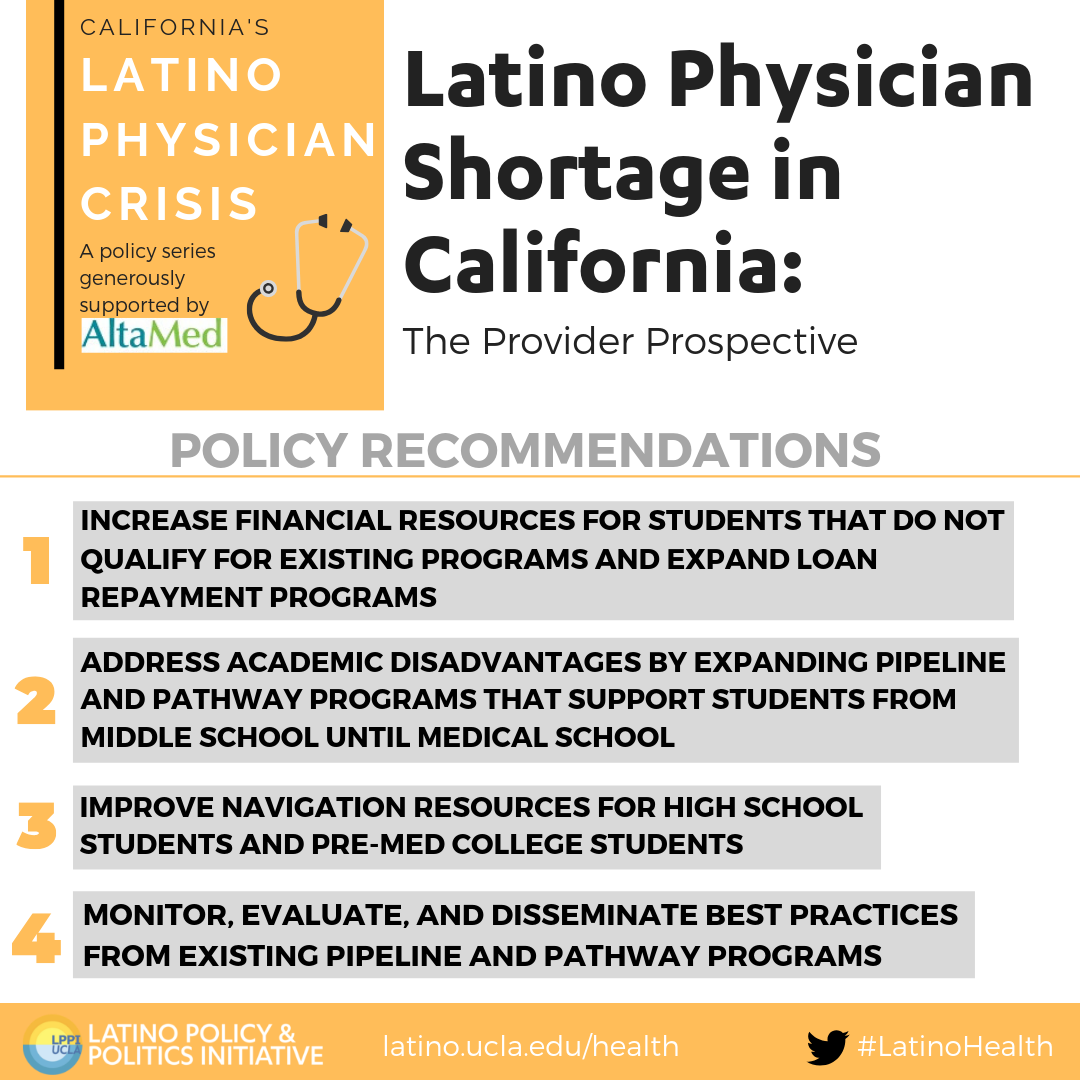
This research was made possible by a generous grant from AltaMed Health Services Corporation.
Read the full report at: latino.ucla.edu/health
About the UCLA Latino Policy and Politics Initiative:
The Latino Policy & Politics Initiative (LPPI) is a comprehensive think tank that addresses the most critical domestic policy challenges facing communities of color in states and localities across the U.S. LPPI fosters innovative research, leverages policy-relevant expertise, drives civic engagement, and nurtures a leadership pipeline to propel viable policy reforms that expand opportunity for all Americans. Learn more at: latino.ucla.edu
___________________________________________________________________
[1] DOF. Projections. 2018; http://www.dof.ca.gov/Forecasting/Demographics/Projections/.
[2] Sanchez G., Nevarez T., Schink W., Hayes-Bautista D. E. Latino Physicians in the United States, 1980-2010: A Thirty-Year Overview From the Censuses. 2015(1938-808X (Electronic)).
[3] Hsu P, Balderas-Medina Anaya Y, Hayes-Bautista D. E. 5 Centuries to Reach Parity: An Analysis of How Long it Will Take to Address California’s Latino Physician Shortage. Los Angeles, CA: Latino Policy & Politic Initiative; October 2018 2018.
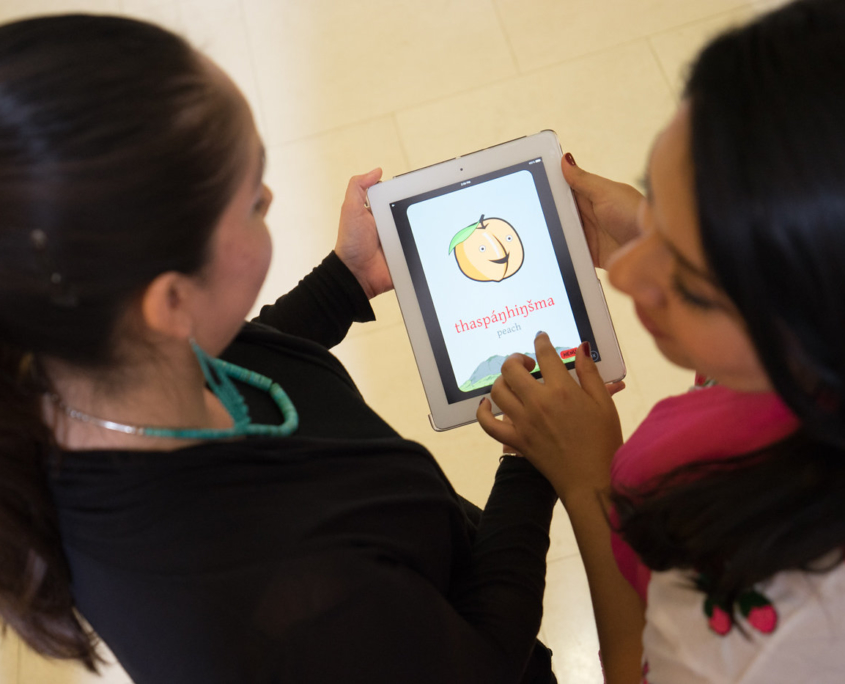

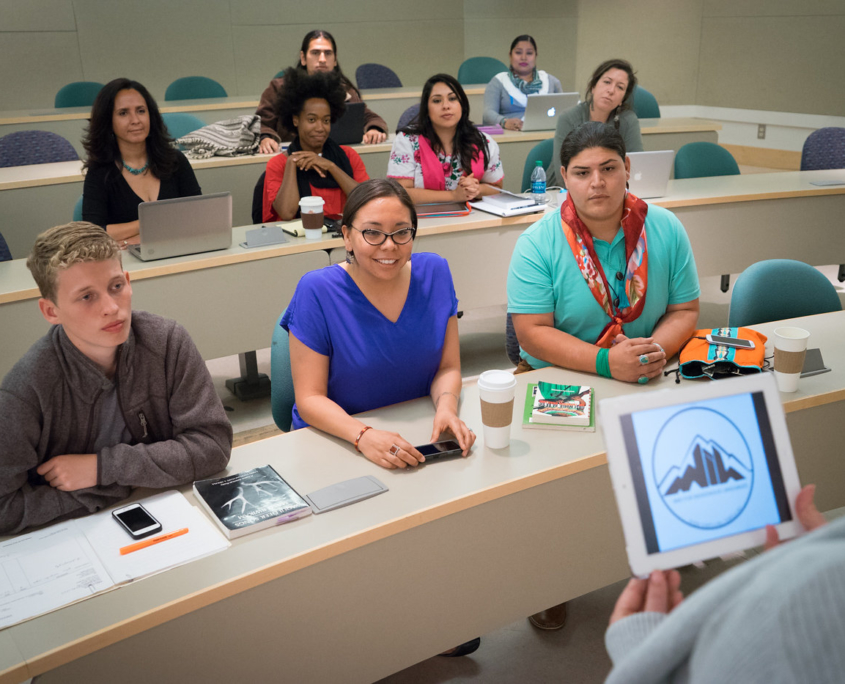
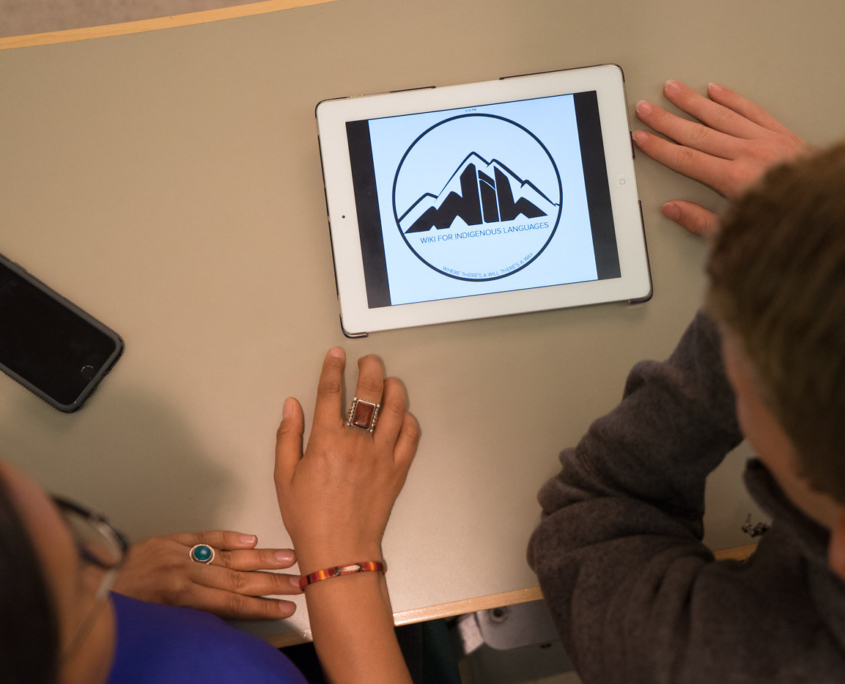


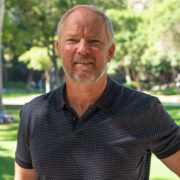
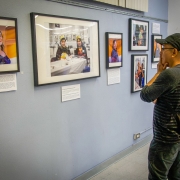
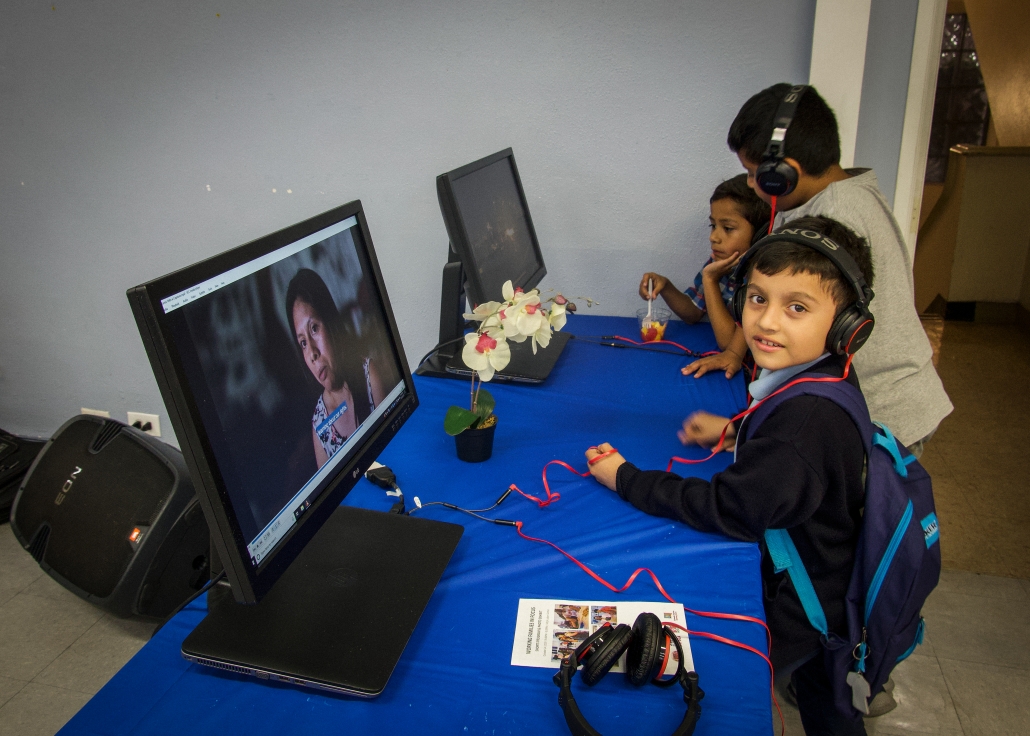 By Janna Shadduck-Hernández, Project Director, and Marisol Granillo Arce, Graduate Student Researcher
By Janna Shadduck-Hernández, Project Director, and Marisol Granillo Arce, Graduate Student Researcher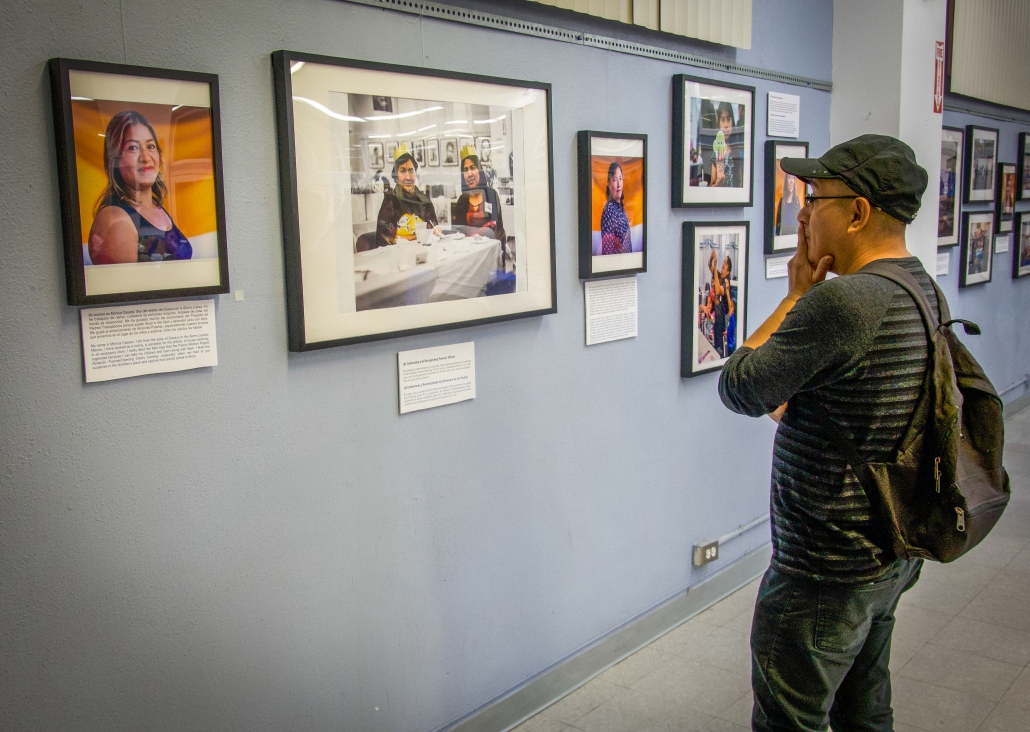
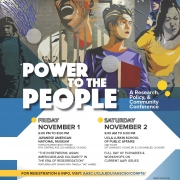
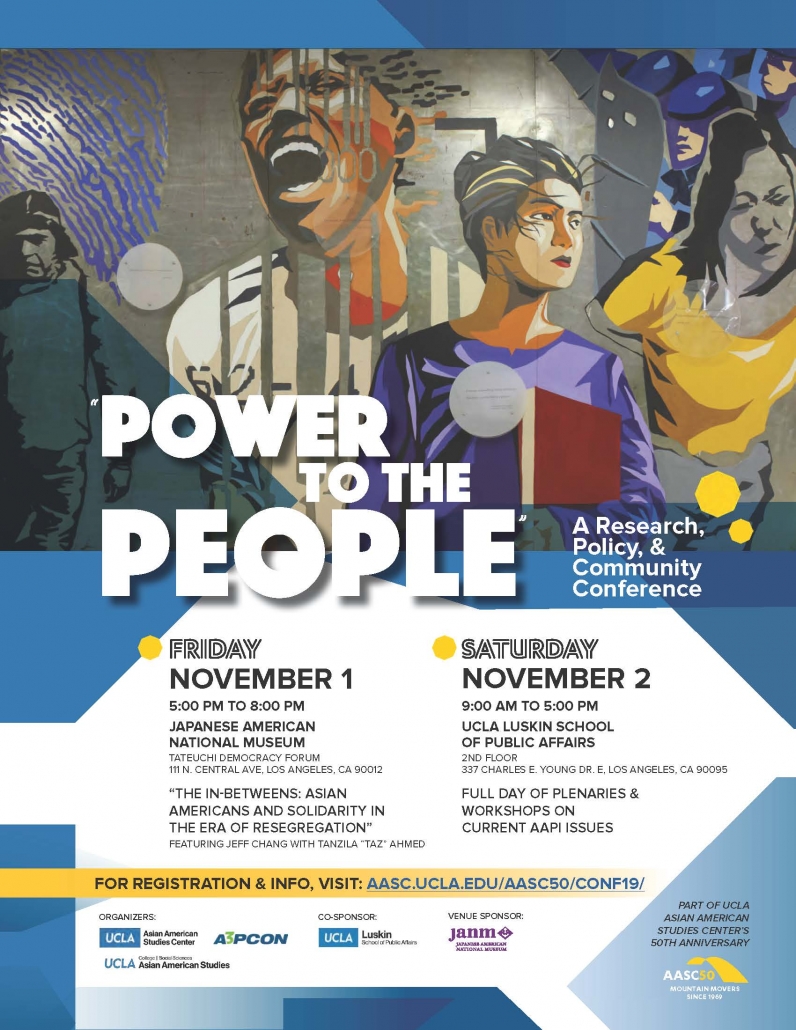
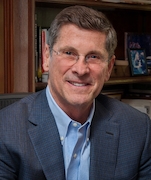
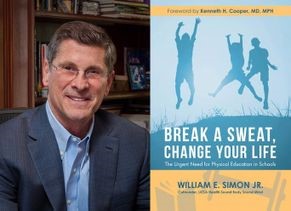

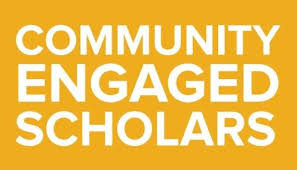 Six new UCLA ladder faculty members were presented with the inaugural
Six new UCLA ladder faculty members were presented with the inaugural 